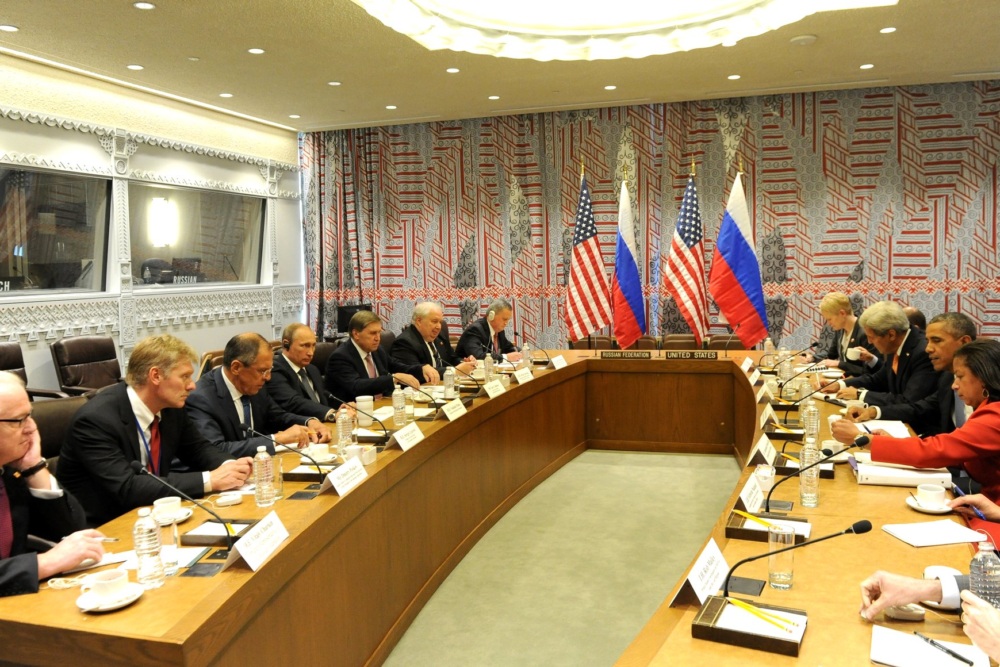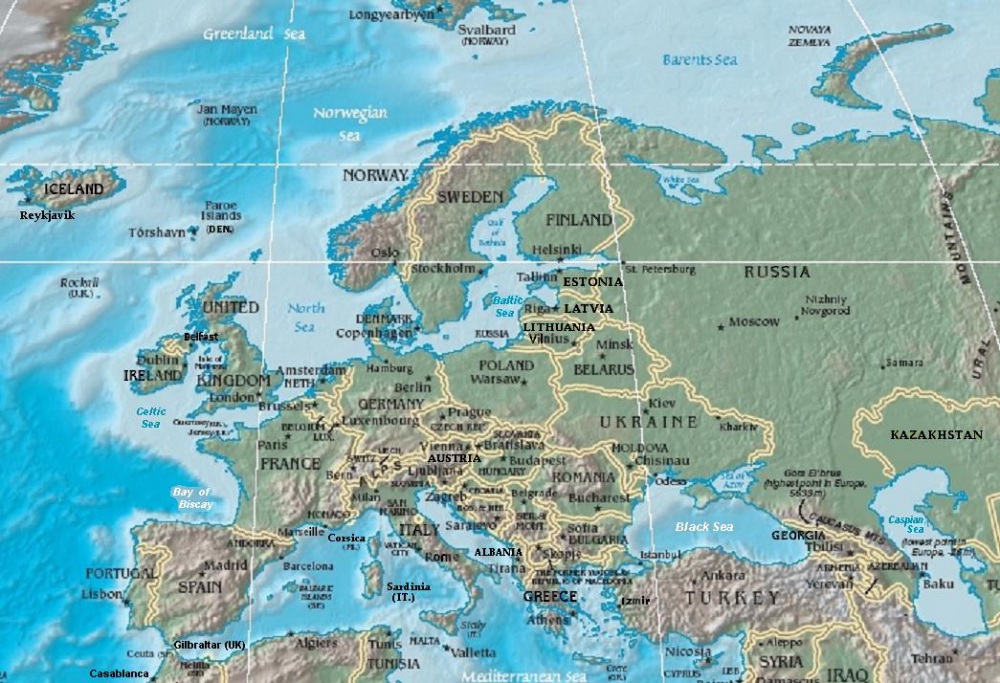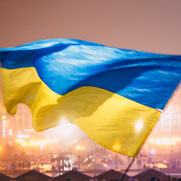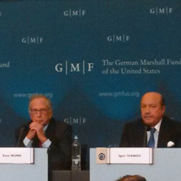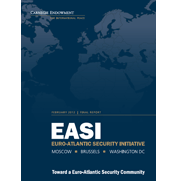
Steve Andreasen
National Security Consultant
A corrosive lack of trust that undermines political and military cooperation, increases bilateral and multilateral tensions and threatens security in the Euro-Atlantic Region.
A Track II dialogue among distinguished former senior political, military and defense leaders from the U.S., Russia and Europe, to develop a fresh approach to Euro-Atlantic security.
A major report recommending practical steps on nuclear weapons security, missile defenses, prompt-strike forces, conventional forces, cybersecurity and space, as well as the creation of a new Euro-Atlantic security Leadership Group, mandated at the highest levels of government.
A Track II dialogue among distinguished former senior political leaders, senior military officers, defense officials, and security experts from Europe, Russia, and the United States.
This Track II dialogue is co-chaired by Des Browne, Wolfgang Ischinger, Igor Ivanov, and Sam Nunn. Participants in the project include generals who commanded the most deadly nuclear arsenals ever deployed and many other senior military and civilian leaders who have served on both sides of the Cold War in France, Germany, Russia, the United Kingdom, the United States and NATO.
The group released a report in Spring 2013, Building Mutual Security in the Euro-Atlantic Region: Report Prepared for Presidents, Prime Ministers, Parliamentarians, and Publics, which proposes a new approach to security in the Euro-Atlantic region and addresses the most significant obstacle: a corrosive lack of trust, fuelled by historical animosities and present uncertainties in the European and global security landscape.
The report recommends that leaders establish a new, continuing process of comprehensive security dialogue for building mutual security in the Euro-Atlantic region. Practical steps that can be taken now could be agreed on a broad range of security issues, including nuclear weapons, missile defences, prompt-strike forces, conventional forces, cybersecurity, and space.
The report’s key findings and supporting analysis were developed through a series of meetings that began during the Munich Security Conference in February 2012. Members of the group subsequently gathered in Washington, Moscow, and Paris to finalise recommendations to be prhttps://www.buildingmutualsecurity.orgesented to political, military, and civil leaders in 2013.
Additional information, including the Russian report and summary materials, are available at BuildingMuturalSecurity.org
Young Leaders Task Force Formed in 2014
In 2014, NTI–with Carnegie Endowment for International Peace, the European Leadership Network, the Munich Security Conference and the Russian International Affairs Council–formed a younger generation Track II task force to focus on Euro-Atlantic security. Over a series of meetings throughout the region, the task force will explore a set of immediate and longer-term steps toward greater Euro-Atlantic security.
Russian and European experts analyze fundamental aspects of deteriorating EU/Russian relations, including economic impacts and political relations.
In a new op-ed released in advance of the 2015 Munich Security Conference, Des Browne, Igor Ivanov and Sam Nunn call for a new high-level, politically-mandated Euro-Atlantic Leadership Group.
In a new article, five international statesmen call for the urgent formation of a Contact Group of Foreign Ministers to address the crisis and more broadly, a new approach to building mutual security in the Euro-Atlantic region.
NTI board members and Building Mutual Security co-chairs Sam Nunn, Igor Ivanov and Des Browne underscored the need for a new dialogue in the Euro-Atlantic region at the German Marshall Fund in Brussels.
The report lays out a series of options in six areas to improve relations between Russia, Europe, and the United States, leading to a true Euro-Atlantic Security Community.
Senator Nunn calls for the consolidation of all U.S. TNWs in Europe, outlining 10 steps for NATO to consider as the Allies prepare for the Summit in Chicago in May 2012
